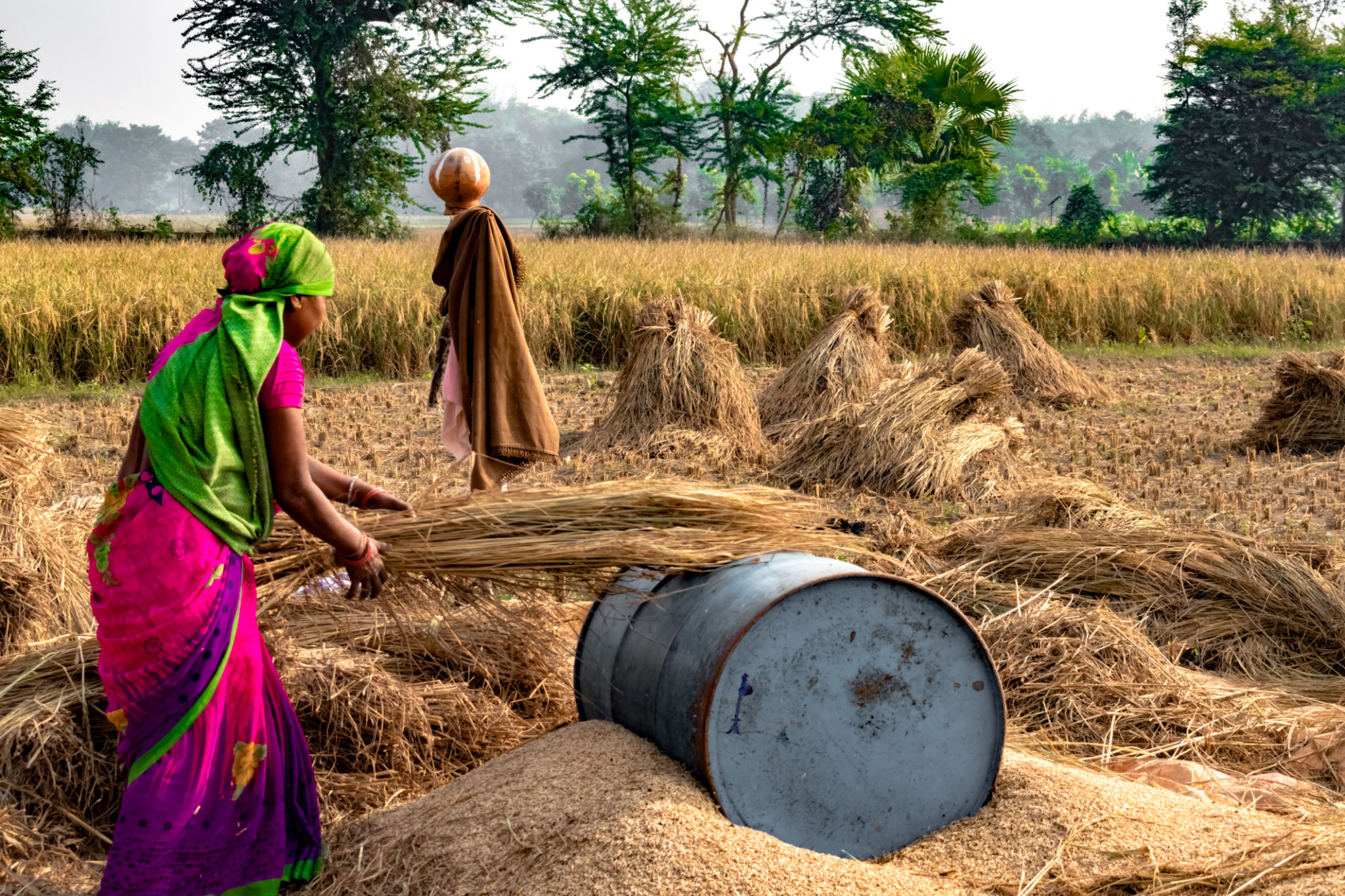Understanding Gender Equality in India: Progress and Challenges
The Journey Towards Gender Equality
India's journey towards gender equality has been marked by both significant progress and persistent challenges. Over the years, the country has taken substantial steps to address gender disparity, enacting laws and initiating programs aimed at empowering women and promoting equal rights. However, the road to true equality remains long and winding, with societal norms and systemic barriers often standing in the way.

Progress in Legislative Measures
One of the most critical aspects of advancing gender equality in India is the implementation of robust legislative measures. The government has enacted several laws aimed at protecting women's rights, such as the Domestic Violence Act and the Sexual Harassment of Women at Workplace Act. These laws are designed to create safer environments for women, both at home and in the workplace.
Moreover, the Indian government has introduced policies to promote women's education and participation in the workforce. Initiatives like Beti Bachao Beti Padhao and the Mahila E-Haat platform are helping to empower women economically and socially. These measures have contributed to an increase in female literacy rates and greater female representation in various sectors.
Social and Cultural Challenges
Despite these advancements, deep-rooted social and cultural norms continue to hinder progress. Traditional gender roles often dictate women's participation in society, limiting their opportunities for education and employment. In many regions, women still face significant barriers when it comes to accessing resources and opportunities that are readily available to men.

Patriarchal attitudes can lead to discrimination and violence against women, further perpetuating inequality. Addressing these issues requires a concerted effort from all sectors of society, including government, businesses, and civil society organizations. Education and awareness campaigns are crucial in changing mindsets and promoting gender equality as a core value.
The Role of Education
Education is a powerful tool in the fight for gender equality. By providing girls with access to quality education, India can foster a generation of empowered women who are capable of challenging societal norms and pursuing their aspirations. Educated women are more likely to participate in the workforce, contribute to economic growth, and advocate for their rights.
However, disparities in educational access still exist, particularly in rural areas where schools may be underfunded or inaccessible. Addressing these gaps requires targeted interventions, such as building more schools in remote areas, offering scholarships to girls, and ensuring that educational curricula promote gender sensitivity.

Economic Empowerment as a Catalyst
Economic empowerment is another key factor in achieving gender equality. When women have financial independence, they gain greater control over their lives and decisions. This empowerment can lead to improved health outcomes, better educational opportunities for children, and a reduction in poverty levels.
Programs that focus on skill development and entrepreneurship for women have shown promising results. By providing training and resources, these initiatives enable women to start their businesses or secure employment in various industries. Encouraging more women to participate in traditionally male-dominated fields can also break down stereotypes and pave the way for future generations.
The Path Forward
Achieving gender equality in India requires a multifaceted approach that addresses both systemic barriers and cultural attitudes. Continued advocacy, policy reform, and grassroots efforts are essential in making gender equality a reality for all Indian citizens. By working together, society can dismantle the obstacles that stand in the way of progress and create a more equitable future.
While challenges remain, there is hope that through sustained efforts and collaboration, India can continue to make strides towards a more just and equal society. The path forward involves embracing diversity, fostering inclusivity, and recognizing the valuable contributions that women make to all aspects of life.